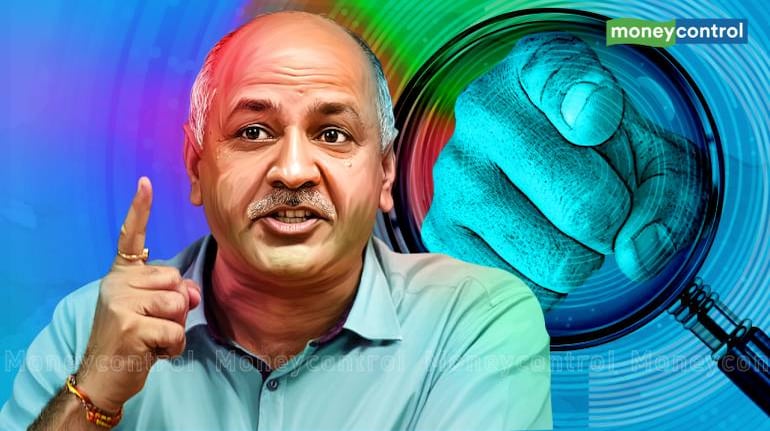



All schools in Delhi will be allowed to reopen for in-person classes from November 1, Deputy Chief Minister Manish Sisodia announced on October 28. A DDMA constituted panel had October 26 recommended reopening schools for classes 6 to 8 in Delhi with 50 percent student strength.
The panel noted that there has been no reported instances of increased local transmission of COVID-19 due to reopening classes 9 to 12, according to minutes of a DDMA meeting.
"All schools and educational institutes in Delhi will be permitted to open from November," Sisodia said at a press briefing.
He said that schools will have to ensure that classes take place in hybrid mode with a max of 50 percent strength in classrooms.
In charts | India’s COVID-19 case count, state-wise trends, vaccination data, and other key details
Besides, schools shall also continue online classes for the students who are not willing to attend classes offline, he added.
All the schools and educational institutes shall be allowed to be opened, for all the classes, in Delhi from 1st Nov.However, schools shall also continue online classes for the students who are not willing to attend classes offline.
— Manish Sisodia (@msisodia) October 27, 2021
The expert panel, constituted to chalk out a detailed plan and standard operating procedures (SOPS) for reopening schools, noted that attendance of senior class students has increased up to 80 percent, and around 95 percent teachers and school staff have been vaccinated against COVID-19.
The 25th meeting of the Delhi Disaster Management Authority (DDMA) to discuss the COVID-19 situation in the national capital was held on September 29.
Lieutenant Governor Anil Baijal, who chaired the meeting, had announced that a decision regarding reopening of schools for classes 6 to 8 will be taken after the festival season.
Also read: Fuel price hike, COVID-19 safety impact festive shopping in Delhi, says survey
Schools in the national capital were ordered to shut last year in March ahead of a nationwide lockdown to contain the spread of coronavirus.
While several states started partial reopening of schools in October last year, the Delhi government allowed physical classes only for classes 9-12 in January this year, which were again suspended following the exponential rise in COVID-19 cases during the aggressive second wave.
Following a marked improvement in the COVID-19 situation in the national capital, the Delhi government had announced reopening of schools for classes 9 to 12, colleges and coaching institutions from September 1.
The Delhi government had clarified that no student would be forced to attend physical classes and the consent of parents would be mandatory.
Allowing only 50 percent students per classroom, mandatory thermal screening, staggered lunch breaks, alternate seating arrangement and avoiding routine guest visits were among the guidelines announced by the DDMA for reopening of schools and colleges from September 1.
Discover the latest Business News, Sensex, and Nifty updates. Obtain Personal Finance insights, tax queries, and expert opinions on Moneycontrol or download the Moneycontrol App to stay updated!